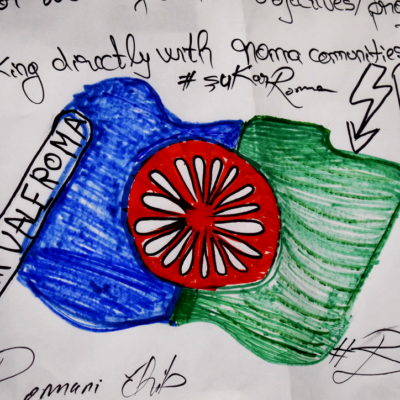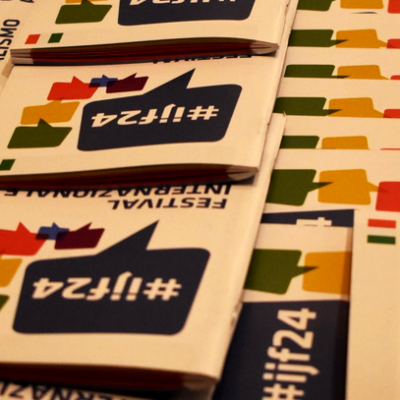Somewhere between Denmark and the Netherlands in 1985, two students came up with the idea of creating a forum to unite journalism students from around the world. In 1986, their idea became reality and the Forum for Journalism Students (FEJS) was born. Since then, FEJS has been bringing together journalism students and young professionals twice a year: through the Annual Congress (AC) and the General Assembly (GA). And since November 2024 they are also Obsever Member of the European Youth Press.
This year, the General Assembly was hosted by the German FEJS members and took place in Dortmund from October 17th to 21st.
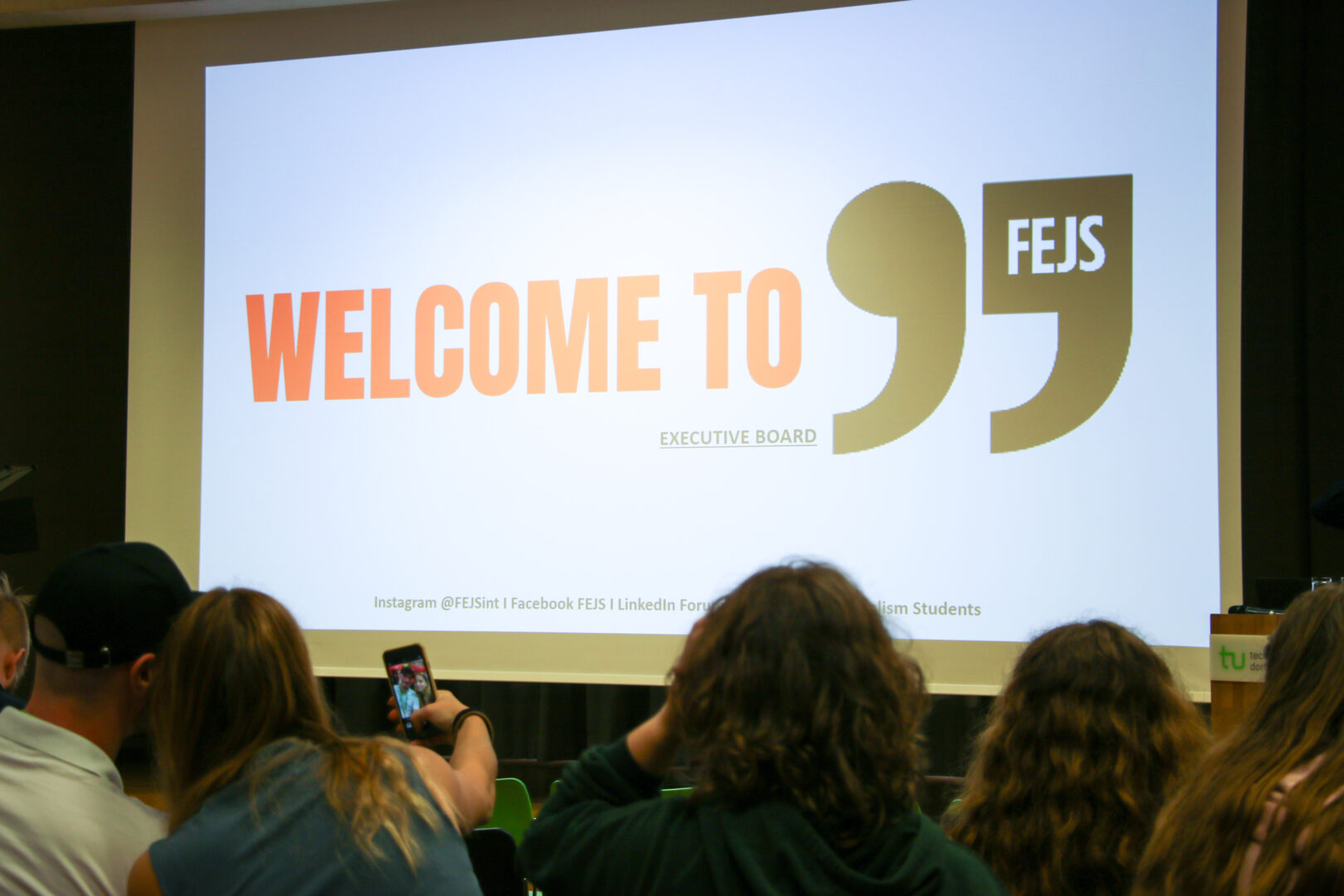
Beyond offering lectures, workshops, and cultural exchange, the General Assembly serves key practical functions: electing a new board, selecting the next location for the GA, and choosing its theme.
“Beyond the Headlines: The Power of Investigative and Slow Journalism” was the central theme of the GA.
A theme that couldn’t be more timely in an era of AI, which both speeds up fast-paced journalism and facilitates the spread of fake news. Now, more than ever, young journalists need to be informed about the possibilities and importance of slow and investigative journalism.
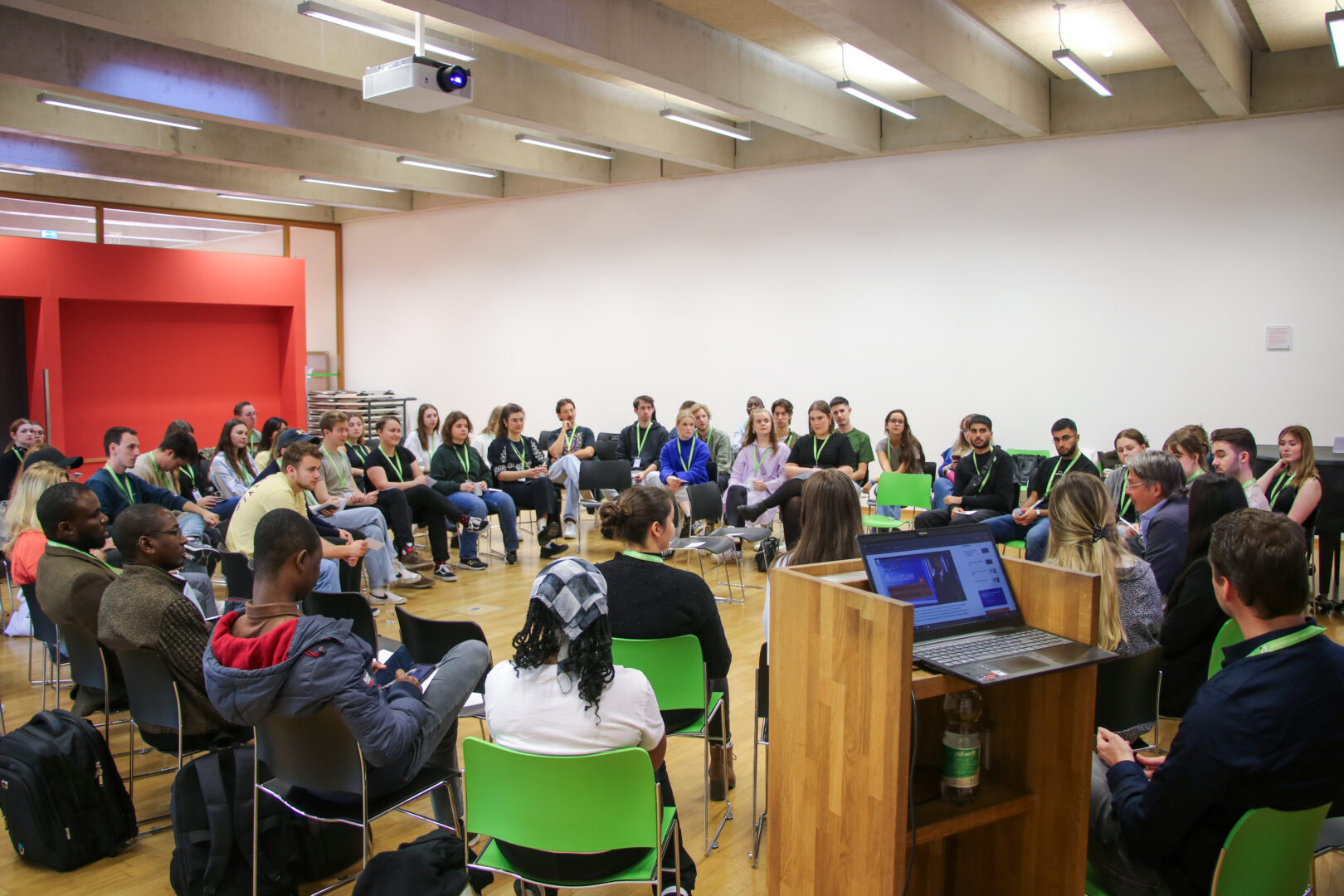
Starting with the question “What did you want to be when you were a kid?”, Andy Eckard (NBC) got everyone thinking along these lines. The result: almost everyone responded with their childhood career aspirations, but no one mentioned anything to do with well-being.
This reflects a similar phenomenon often observed in journalism: while we're always thinking one step ahead, it's easy to overlook the present moment.
Eckard then introduced us to the NBCU Academy, which is freely available on YouTube. In “How to Become an Investigative Reporter” Chris Glorioso, an investigative reporter with NBC 4 New York’s I-Team, explains the difference between an investigative story and a daily news story: “The difference is that in both types, you have the ‘who, what, when, where, and why.’ But most of the time, with daily news, you only have time to cover the who, what, when, and where. What makes investigative journalism a bit different is that we really focus on the why – why is this happening?”.
What makes investigative journalism a bit different is that we really focus on the why - why is this happening? - Chris Glorioso, NBC 4
Eva Fischer (Tagesspiegel, former Brussels correspondent) provided us with a guide for addressing the “why”. She pointed out that for almost every question, there is likely a specific institution that can provide support – whether it be an agency, an NGO, an association, or a think tank. Additionally, the EU Commission offers a wide range of spokesperson services, including Europe by Satellite, the Commissioners’ Cabinet, and the permanent EU representations in each country.
Especially when you are abroad, it can be very helpful to network with your fellow compatriots.
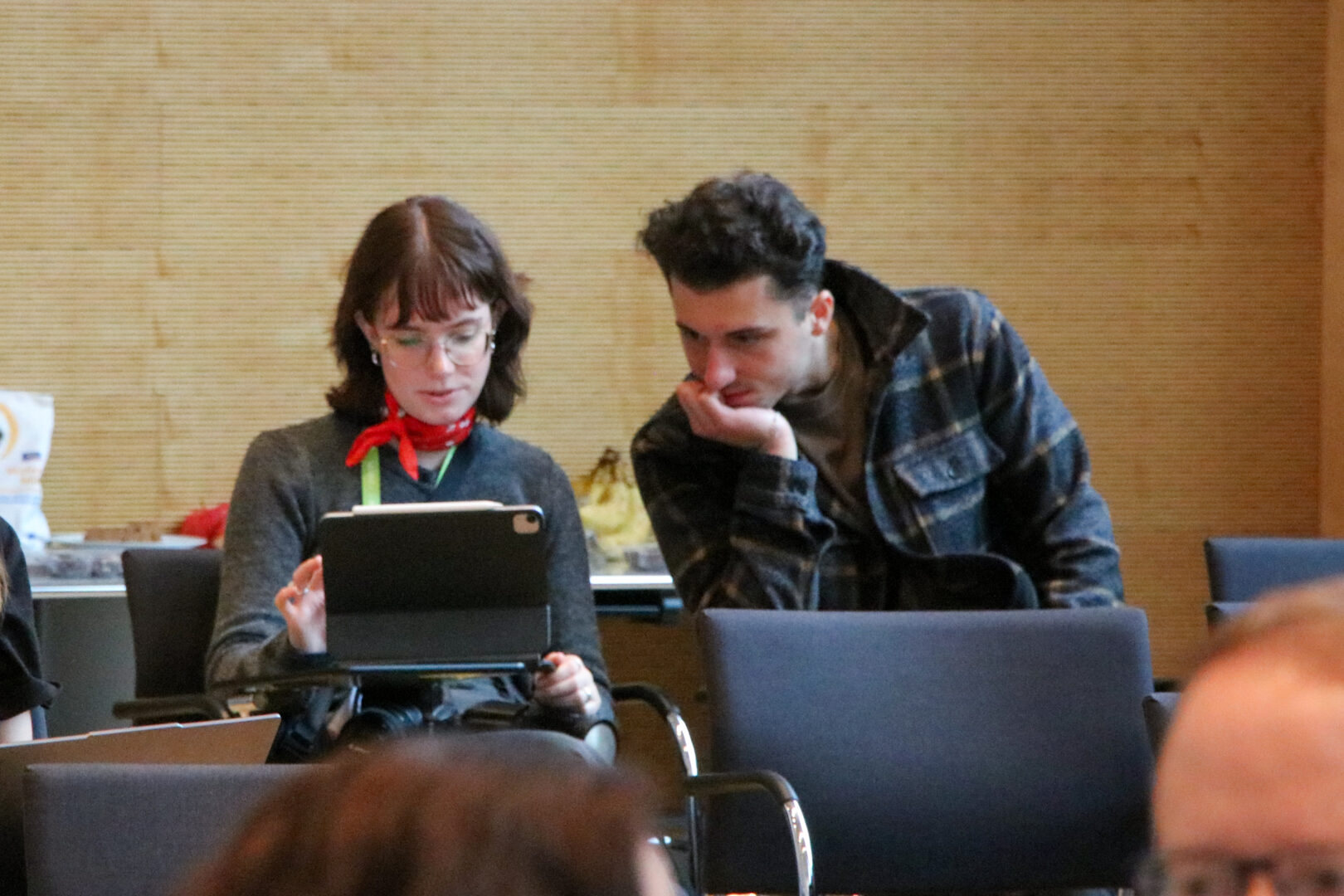
Two investigative journalists also shared insights into their work. Coming directly from the Frankfurt Book Fair to the Erich Brost Institute, Marcus Bensmann had just presented his new book, “Niemand kann sagen, er hätte es nicht gewusst” (“No One Can Say They Didn’t Know”). He is a senior reporter at CORRECTIV, which was frequently cited in the German media earlier this year for reporting on a gathering of right-wing extremists in Potsdam in 2023.
Jelena Cosic, a former participant in the FEJS forum from a few years ago and now working at the International Consortium of Investigative Journalists (ICIJ), also shared insights into the work of investigative journalism. The ICIJ was instrumental in the 2016 release of the Panama Papers, a landmark moment for international journalism.
She highlighted how investigative journalism continues to be a powerful tool against systemic corruption - a call to action for journalists to remain vigilant.
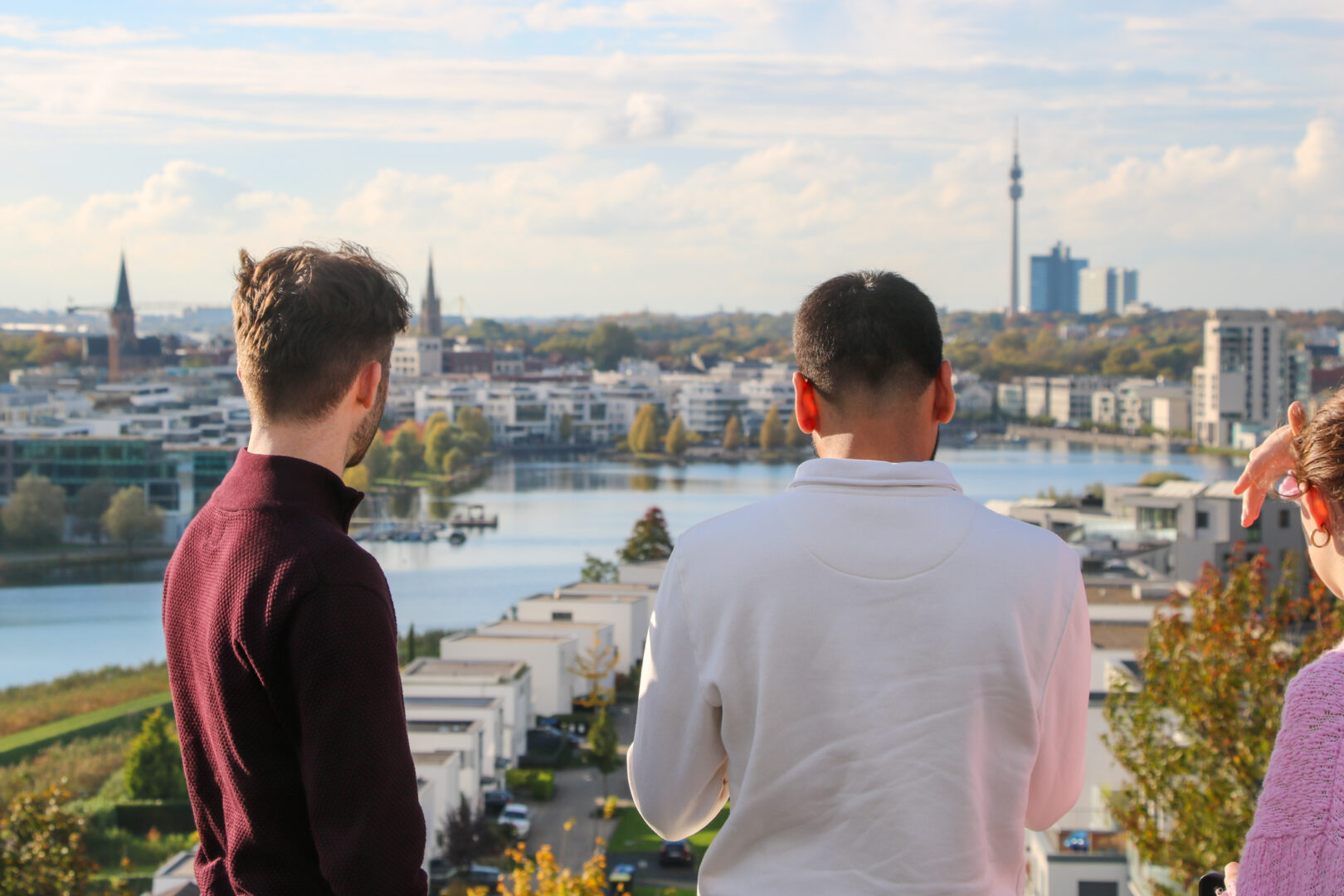
As the GA wrapped up, the next steps were planned. Following the Annual Congress in Krakow next spring, Porto will host the 2025 General Assembly. To learn more about FEJS and stay updated on details for Krakow, follow this link.



